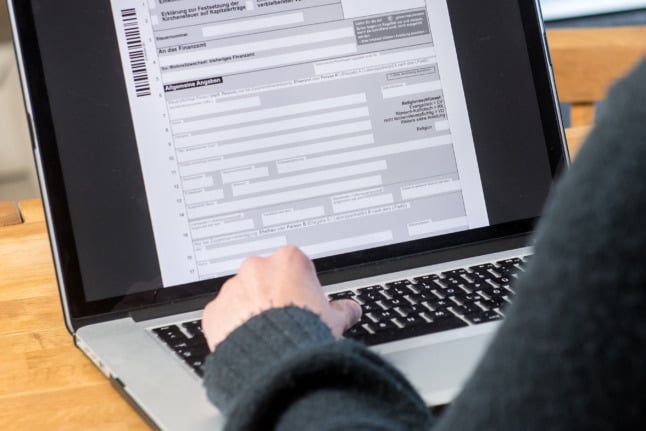The group “has applied for shorter hours for cabin and ground crew until 31
August” at its flagship airline, spokesman Jörg Waber told AFP.
“A solution is on the way for cockpit crew,” he added.
Thirty-one thousand workers represent almost one in four staff at the wider Lufthansa group, which also includes carriers Austrian and Brussels Airlines, Eurowings and Swiss.
Some 700 of Lufthansa's 763 aircraft are “temporarily parked” following massive reductions in its flight operations over the coming weeks.
READ ALSO: 'Exceptional crisis': Lufthansa to slash long-haul flights by up to 90 percent
Chief executive Carsten Spohr last week warned that “the longer this crisis lasts, the more likely it is that the future of aviation cannot be guaranteed without state aid”.
The group's flight plan has been slashed back to levels not seen since the 1950s, Spohr said.
Around the world, the International Air Transport Association has said up to $200 billion could be needed to rescue airlines.
'Kurzarbeit'
Known in German as “Kurzarbeit”, Berlin's support for people placed on shorter hours tops up workers' pay from government coffers.
The scheme is widely credited with preserving thousands of jobs during the
financial crisis in the late 2000s.
Berlin extended access to the scheme as the coronavirus reached Europe's
top economy, allowing companies to apply for support when a threshold of 10
percent of workers is affected, rather than 33 percent as before.





 Please whitelist us to continue reading.
Please whitelist us to continue reading.
Member comments